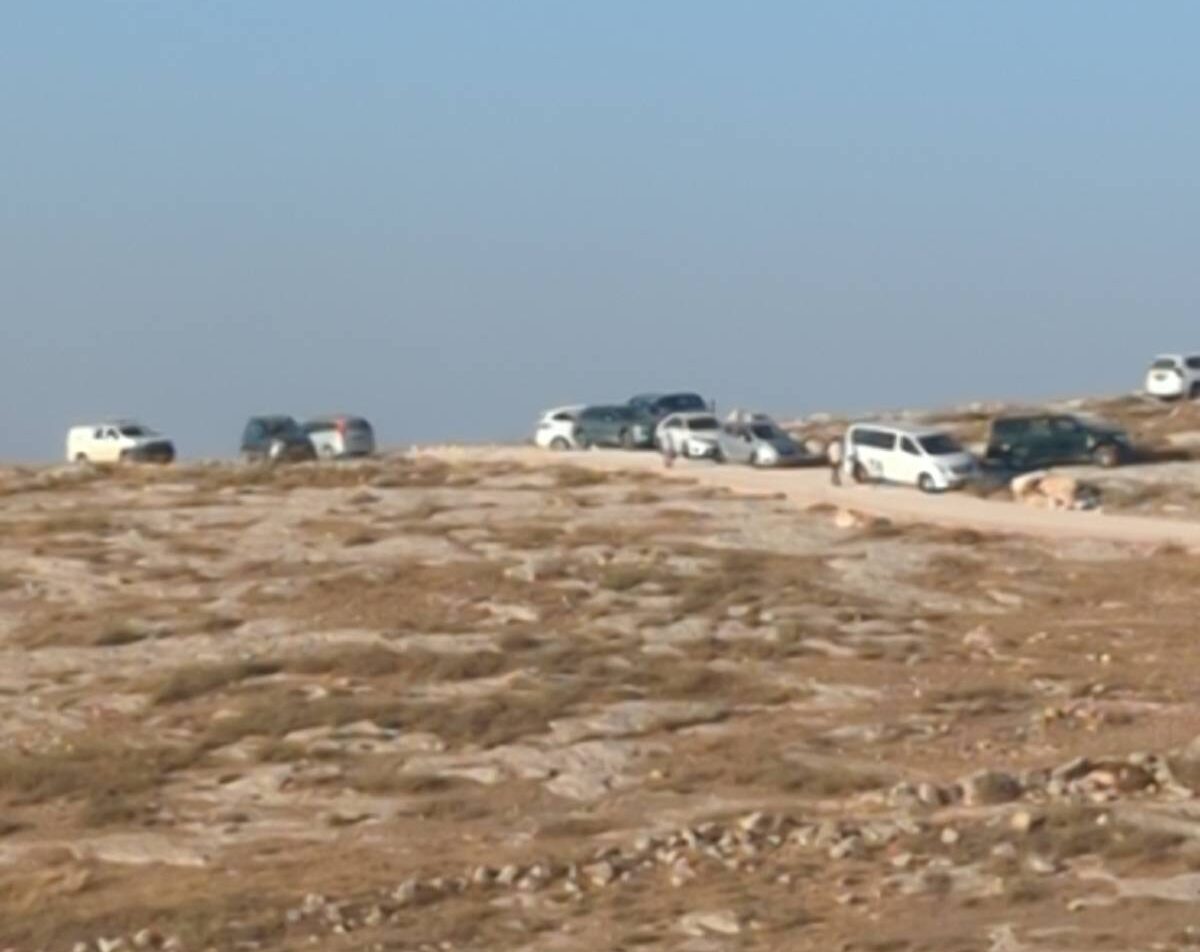Category: Journals
-
Two Months Later: Solemn Visit to Ayşenur’s Grave
1 November 2024 Didim, Turkey by Sam The walk to the graveyard where Ayşenur is buried made me feel as though I was back in rural Palestine: the olive groves on either side of the dirt road, the farmers harvesting olives using the same methods I’d seen them use in the West Bank as well…
-
ISM Grandmother Recounts Israeli Military Raid on Qusra Home
October 11, 2024 | Helena Sully | Qusra Tonight the Israeli Occupation Force (IOF) including police and soldiers raided the home in Qusra in the occupied West Bank, where myself and 16 fellow international peace activists were staying. We were resting after a day at the olive harvest after providing protective presence to the Palestinian…
-
Steadfastness and Colonisation in Palestine
Dispatch from June 5th, 2024. Today was the anniversary of Israel’s colonial occupation of East Jerusalem in 1967. Thousands of right wing colonists marched through East Jerusalem – terrorising Palestinian residents and shopkeepers. Racist Security minister Itamar Ben Gvir was among them. I was in Jerusalem this afternoon, and saw the police, armed with baton…

